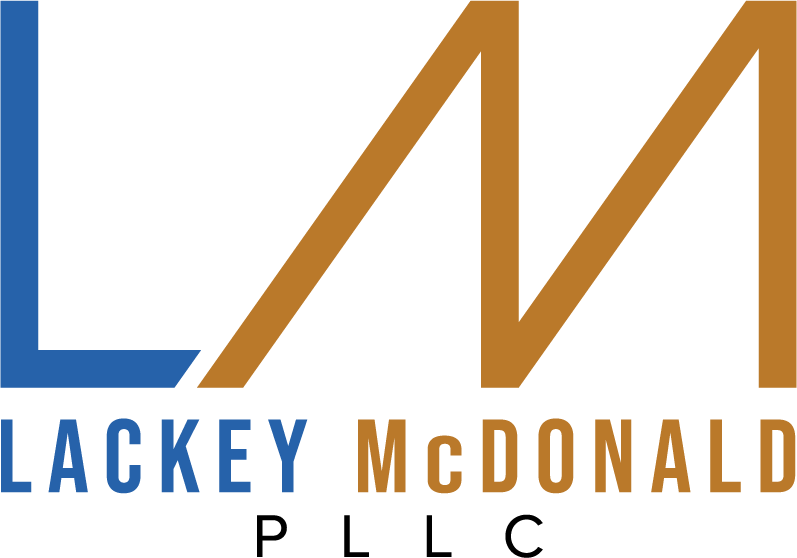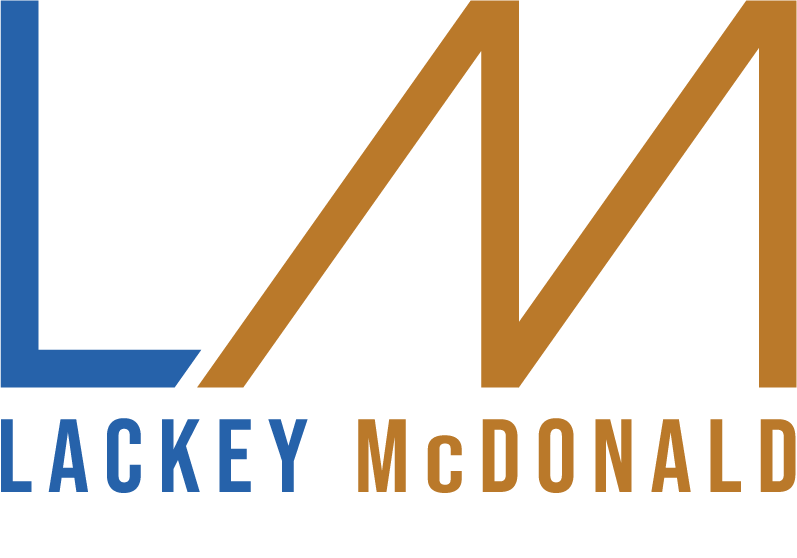When it comes to estate planning, establishing a trust can be a powerful tool to protect your assets and ensure a smooth transfer of wealth to your loved ones. Among the various types of trusts available, revocable living trusts stand out as a popular choice for many individuals. In this blog post, we will delve into the intricacies of revocable living trusts, highlighting their benefits, key considerations, and how they can help you navigate the complexities of estate and probate matters.
Types of Trusts
In estate planning, various trusts serve distinct purposes. A Revocable Living Trust enables control over assets during the grantor's lifetime and permits changes if needed. An Irrevocable Trust, on the other hand, offers tax benefits and asset protection with fixed terms. Testamentary Trusts, created through a will, take effect after the grantor's passing. Special Needs Trusts provide financial support to disabled individuals while preserving their government assistance eligibility. Charitable Trusts facilitate donations to nonprofits with potential tax advantages. Spendthrift Trusts safeguard assets from creditors and control distributions to beneficiaries. Other types include Qualified Personal Residence Trusts, Life Insurance Trusts, Grantor Retained Annuity Trusts, and Dynasty Trusts, each offering unique advantages. Seeking advice from an experienced trust attorney is vital to choose the right trust structure based on individual goals, estate complexity, and beneficiary needs.
1. Understanding the Basics of a Revocable Living Trust:
A revocable living trust is a legal entity created during one's lifetime to hold and manage assets. It allows the grantor to retain control and make changes as needed. The trust becomes irrevocable upon the grantor's death, ensuring a seamless transfer of assets to beneficiaries. Unlike irrevocable trusts, revocable trusts offer flexibility and the ability to modify terms during the grantor's lifetime, making them popular for estate planning and asset management purposes.
2. The Advantages of a Revocable Living Trust:
- Avoiding probate: How a revocable living trust can bypass the lengthy and costly probate process
- Maintaining privacy: Protecting your estate from public scrutiny
- Ensuring seamless asset management during incapacity: How a revocable living trust can provide for smooth transitions in case of disability or incapacity
3. Key Considerations in Establishing a Revocable Living Trust:
- Selecting a trustee: Weighing the pros and cons of choosing a family member, friend, or professional trustee
- Funding the trust: Understanding the importance of transferring assets into the trust to maximize its benefits
- Addressing tax implications: Exploring potential tax advantages and consequences associated with a revocable living trust
4. Revocable Living Trust vs. Last Will and Testament:
- Comparing the benefits and limitations of a revocable living trust and a last will and testament
- Highlighting scenarios where a revocable living trust may be more advantageous
- Explaining how a combination of both documents can provide comprehensive estate planning
5. Maintaining and Updating Your Revocable Living Trust:
- Regularly reviewing and updating your trust to reflect changes in personal circumstances, assets, and beneficiaries
- Seeking professional guidance to ensure compliance with legal requirements and maximize the effectiveness of your trust
- Exploring resources and tools to simplify trust administration and record-keeping
Contact Our Nashville Trust Lawyers
Establishing a revocable living trust can offer peace of mind, protect your estate, and simplify the probate process for your loved ones. By understanding the basics, advantages, and key considerations associated with revocable living trusts, you can make informed decisions to secure your legacy.
At Lackey | McDonald, PLLC, we specialize in estate planning and probate matters. Our experienced attorneys are dedicated to helping individuals in Nashville, TN, and beyond navigate the complexities of trust establishment and administration. Contact us today to schedule a consultation and explore how our expertise can benefit your estate planning journey.
Call (615) 392-4916 or contact us online to schedule a free initial consultation for most case types. Flexible payment options and same-day appointments are available.

